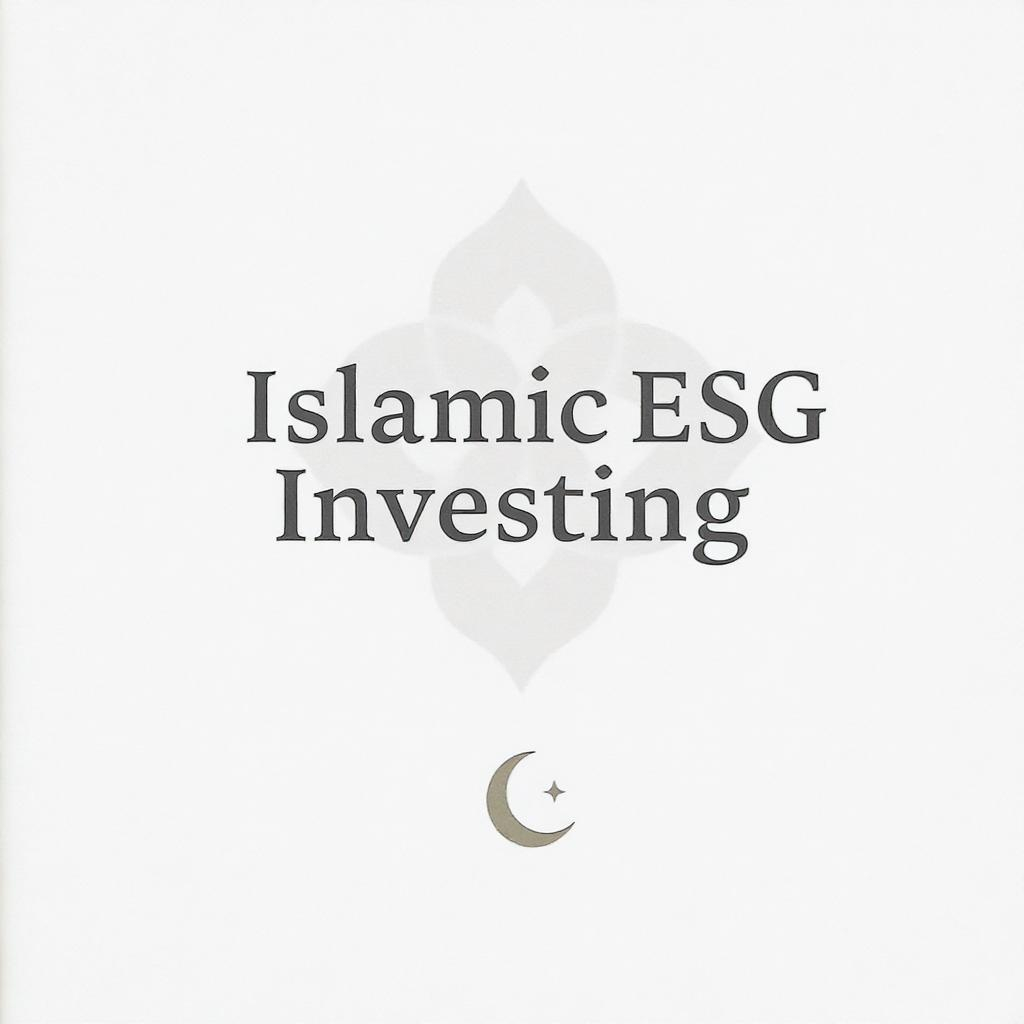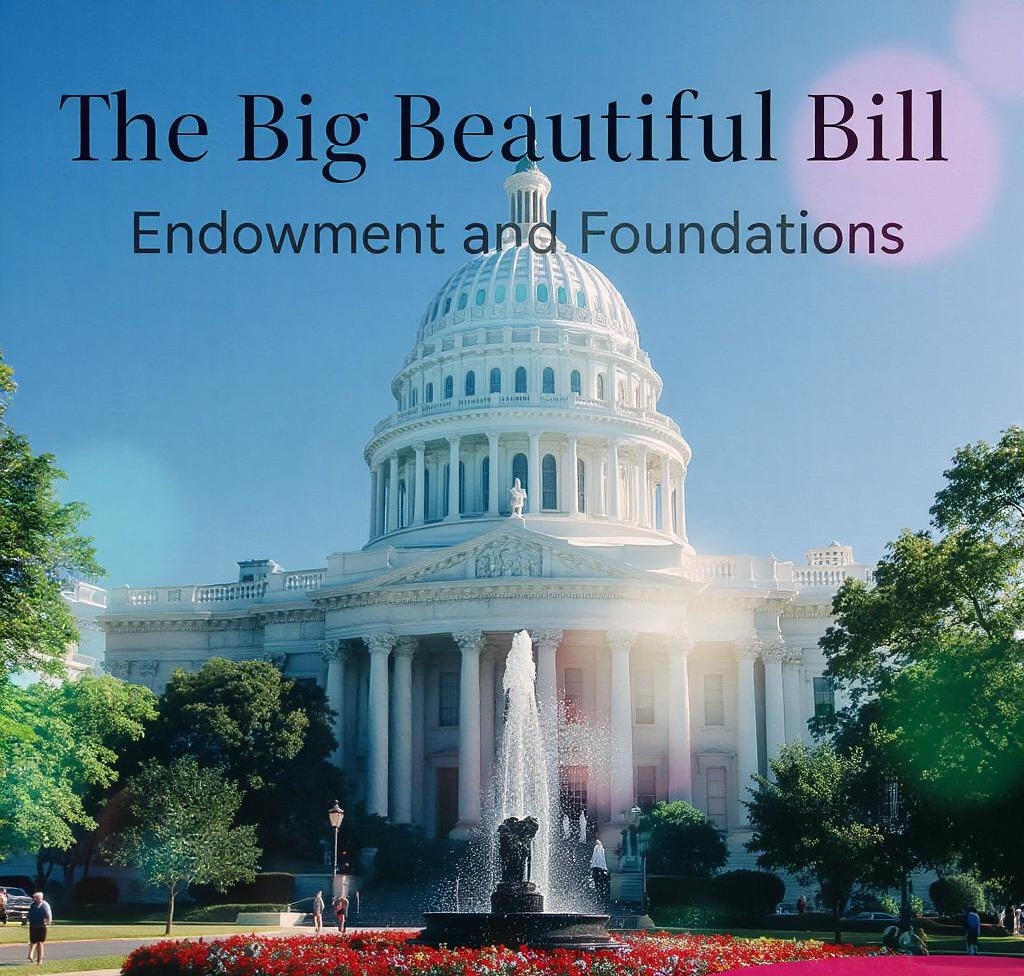The intersection of Catholic moral teaching and environmental, social, and governance (ESG) investing presents both profound opportunities and nuanced challenges for Catholic endowments and foundations. The United States Conference of Catholic Bishops (USCCB) has established comprehensive guidelines that serve as a robust framework for socially responsible investment strategies, often referred to as Socially Responsible Investing (SRI). These guidelines underscore that effective stewardship demands both financial prudence and moral integrity, acknowledging that “socially beneficial activities and socially undesirable or even immoral activities are often inextricably linked in the products produced and the policies followed by individual corporations.” This necessitates careful navigation of complex investment landscapes. The framework skillfully balances the imperative to achieve reasonable financial returns with the sacred obligation to align investments with Catholic social teaching, creating a sophisticated approach that transcends simple exclusionary screening to actively embrace shareholder advocacy, community development, and impactful investing strategies.
Chicago Area Investment Advisor, Estate Tax Mitigation, Fiduciary Advisor, Selecting a Family Office Investment Advisor, Selecting a Private Wealth Investment Advisor, Selecting an Investment Advisor, Wealth Management
Safeguarding Your Legacy: Essential Estate Tax Strategies for Married Couples
For married couples who have built multimillion-dollar estates, the thought of substantial estate tax liabilities can be daunting. With current federal exemptions facing a dramatic reduction after 2025, the urgency to plan has never been greater. The good news? A sophisticated arsenal of planning tools exists to help you significantly minimize, or even eliminate, these taxes, ensuring more of your hard-earned wealth passes to your loved ones, not the taxman.
401(k) Plan Litigation, 401(k) Plans, Defined Contribution Plans, Employee Retirement Income Security Act of 1974, ERISA, Fiduciary Advisor, Roth & Traditional IRAs and 401(k)s, Roth Contributions, Roth vs. Traditional Contributions, Selecting a 401(k) Plan Investment Advisor, Selecting an Investment Advisor
Strategic Considerations for Implementing a Roth 401(k) Option
For 401(k) plan fiduciaries, the objective is clear: to provide a robust, well-managed retirement savings vehicle that maximizes participant outcomes. In this pursuit, the Roth 401(k) option stands out as a critical component, offering distinct advantages that warrant careful consideration in plan design discussions. While traditional 401(k) contributions offer immediate tax deferral, the Roth 401(k) paradigm shifts the tax burden to the present, enabling qualified withdrawals in retirement to be entirely tax-free.
This document outlines the strategic rationale for incorporating a Roth 401(k) contribution option into your plan, alongside key considerations for fiduciaries.
Market Commentary, Market Outlook, Wealth Management
Market Recap & Outlook: Your Weekly Market Compass – August 8, 2025
The financial world spent the week ending August 8, 2025, riding a new wave of optimism. Strong corporate earnings, a dovish shift from the Federal Reserve, and a resilient economy all contributed to a powerful rally. But as stocks push toward new all-time highs, are we heading for a pullback or a breakout? Here’s a breakdown of the key market-moving events and what to keep an eye on.
401(k) Plan Litigation, 401(k) Plans, Employee Retirement Income Security Act of 1974, ERISA, IRA Contributions, Roth Contributions, Roth vs. Traditional Contributions, Selecting a Family Office Investment Advisor, Selecting a Private Wealth Investment Advisor, Selecting an Investment Advisor
Traditional vs. Roth 401(k): Your Ultimate Retirement Planning Guide
Choosing the right retirement savings vehicle can feel like navigating a maze, but it’s one of the most critical decisions you’ll make for your financial future. When it comes to employer-sponsored plans, the classic showdown is between the Traditional 401(k) and the Roth 401(k). Both offer powerful ways to save for retirement, but their distinct tax advantages and potential drawbacks mean the “best” choice is highly personal.
Let’s break down each option, helping you decide which path aligns best with your current financial situation, expected future income, and long-term goals.
Endowments, Environmental, Social and Governance, ESG, Foundations, Islamic ESG Investing, Nonprofits, Selecting an Endowment or Foundation Investment Advisor, Selecting an Investment Advisor
Islamic ESG Constraints for Endowments and Foundations: A Comprehensive Investment Guide
The integration of Islamic theological principles and ethics with environmental, social, and governance (ESG) investing presents both profound opportunities and unique challenges for Islamic nonprofit organizations, endowments, and foundations. Guided by the Quran, Sunnah, and centuries of Islamic jurisprudence (Sharia), Socially Responsible Investing (SRI) in Islamic contexts aims to align financial decisions with core values such as repairing the world (Tikkun Olam equivalent in spirit through concepts like Maslaha), pursuing justice (Adl), and promoting communal welfare (Ihsan), while strictly adhering to prohibitions against interest (Riba), excessive uncertainty (Gharar), and gambling (Maysir). This comprehensive approach demands both financial prudence and deep moral integrity, creating a sophisticated framework that extends beyond simple exclusionary screening to actively embrace shareholder advocacy, community development, and impactful investing strategies that reflect Islamic communal priorities and global responsibilities.
Market Commentary, Market Outlook, Wealth Management
Market Recap & Outlook: Your Weekly Market Compass – August 1, 2025
The week ending August 1, 2025, presented a classic tug-of-war for investors. Upbeat corporate earnings fueled a positive mood, while persistent worries about slowing economic growth and future trade policy kept a lid on enthusiasm. Ultimately, the optimists won out, with major equity indices closing the week in positive territory as markets began to price in the possibility of a September rate cut.
Alternative Investments, Covered Call Strategies, Family Office, Financial Planning, Private Wealth, Selecting a Private Wealth Investment Advisor, Selecting an Investment Advisor, Selling a Business, Tax-Loss Harvesting, Wealth Management
A Strategic Guide to Hedging Your Concentrated Stock Position
For investors holding a significant portion of their wealth in a single stock, the feeling is a mix of excitement and unease. On one hand, a concentrated position can deliver life-changing returns. On the other, it exposes you to idiosyncratic risk—the unique, unpredictable dangers of a single company that can devastate your portfolio regardless of how the broader market is doing.
This guide explores strategic approaches to managing this risk, allowing you to protect your wealth while keeping your potential for upside gains.
Alternative Investments, Endowments, Endowments and Foundations, Fiduciary Advisor, Foundations, Nonprofits, Selecting an Endowment or Foundation Investment Advisor, Selecting an Investment Advisor
The Big Beautiful Bill: Why This New Tax Law Is Reshaping Endowment and Foundation Investing
The financial world for endowments and foundations just got a wake-up call. The “One Big Beautiful Bill Act,” or OBBB, signed into law on July 4, 2025, isn’t just another piece of legislation—it’s a fundamental change to the economics of large-scale charitable investing. Starting in 2026, a new excise tax regime will profoundly impact how major institutions manage their portfolios, a change that will have an immediate and compounding effect.
Important clarification: The OBBB Act specifically targets private foundations and university endowments. Donor-advised funds (DAFs), community foundations, and operating charities are NOT affected by these new excise tax rules. These charitable vehicles continue to operate under the previous tax framework and remain exempt from the progressive rate structure described below.
For any private foundation or university endowment with assets over $50 million, this isn’t a minor adjustment; it’s a call to action. The drag on returns will snowball, impacting future grants and mission-driven spending. Here’s a deep dive into what changed, why it matters, and the advanced strategies you can use to respond.
Chicago Area Investment Advisor, Fiduciary Advisor, IRA Contributions, Roth Contributions, Roth IRA Conversion, Roth vs. Traditional Contributions, Selecting a Private Wealth Investment Advisor, Selecting an Investment Advisor
The Roth IRA Conversion Conundrum: Is It Right for Your Retirement?
Deciding what to do with your retirement savings can feel like navigating a maze. Among the many financial choices, converting a traditional IRA to a Roth IRA stands out as one with significant long-term implications. It’s a move that can fundamentally reshape your retirement income and tax picture for decades to come. So, how do you know if making the switch is the smart play for your future? Let’s break down the compelling reasons why a Roth conversion might be a brilliant strategy, and why, for some, it might be a step to reconsider.








